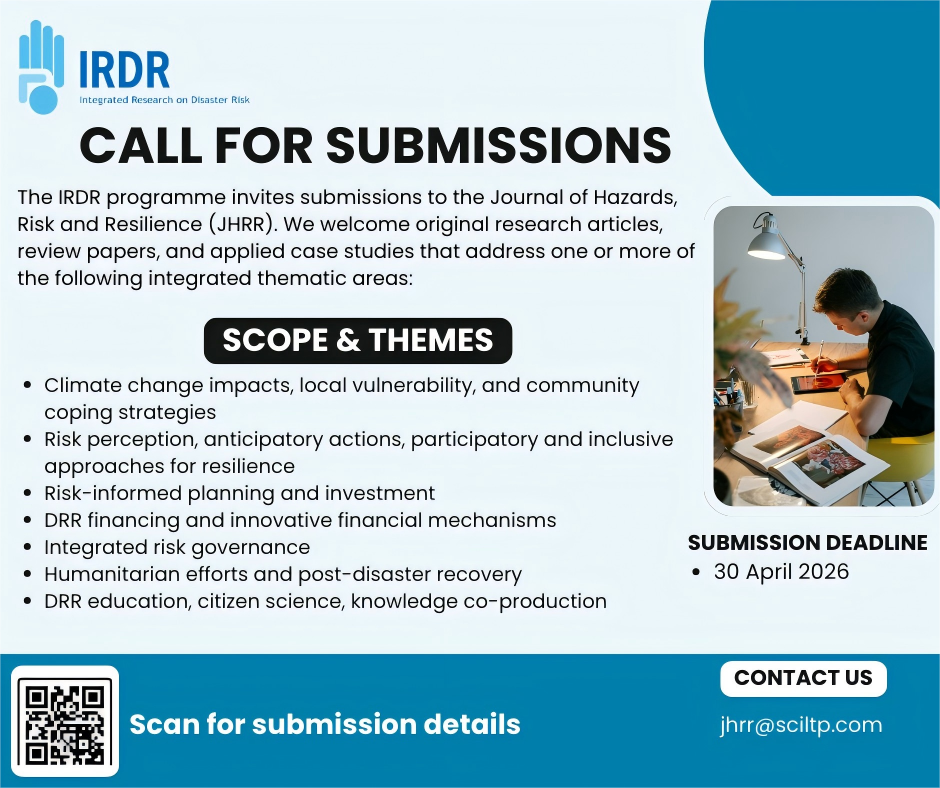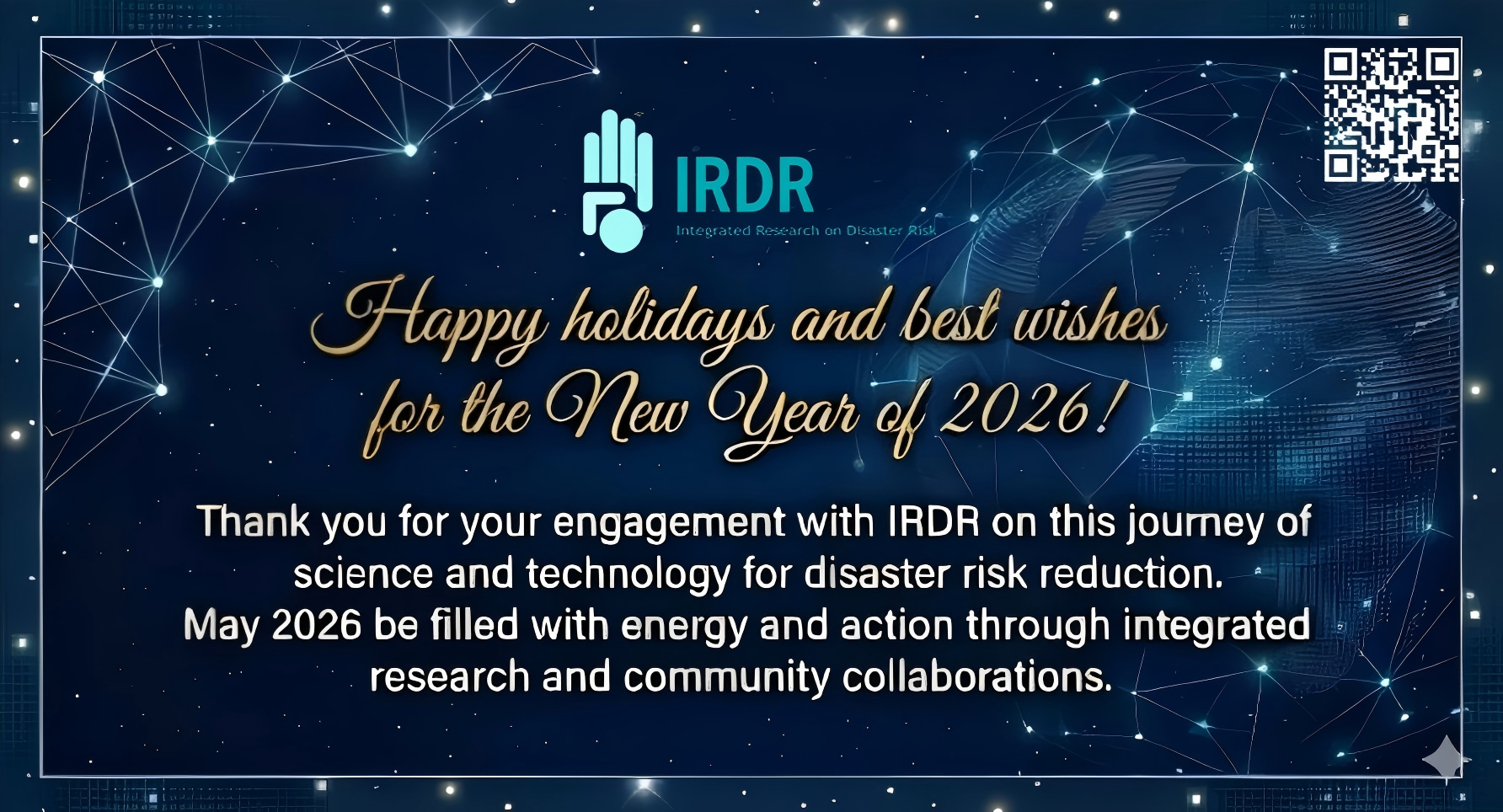The 2nd Arab Conference on Disaster Risk Reduction, organised by United Nations Office for Disaster Risk Reduction (UNISDR), the Government of the Arab Republic of Egypt, the South Sinai Governorate and the League of Arab States convened in Sharm el-Sheikh (Egypt) from 14-16 September, 2014 and brought together national delegations from 19 Arab States and representatives of all societal groups engaged in the Sendai process to enhance disaster risk reduction and build resilience.
A dedicated session on the role of science and technology in this process was chaired by Prof Virginia Murray (UK) and IRDR SC member Prof. Djillali Benouar (Algeria). It heard presentations from DRR experts based in Palestine, Egypt and Algeria, as well as two presentations that presented and examined perspectives for new forms of scientific collaboration and witnessed passionate pleas for better science and policy dialogues in the Arab World.
The session “Toward a knowledge centric society to Reduce Disaster Risk: Role of Science, Technology and Academic Communities” on 15 September examined issues on higher education, science and technology in disaster risk reduction. IRDR SC member Djillali Benouar, Professor from University of Science & Technology Houari Boumedienne, Algeria, spoke on “Framing the Role of Scientific, Technical & Academic Communities in Advancing DRR in Arab States” and presented the IRDR Centre of Excellence REAL (which has emerged from the Pan-African inter-university network PeriPeri-U as a possible model for closer coordination and collaboration among relevant institutions on the Arab World. R. Klein, Executive Director of IRDR, gave a presentation on “Integrated Disaster Risk Science as a tool for sustainability” which served as an example for successful collaborations and partnerships, between academics, policy makers and DRR practitioners in the public, the private and the NGO sector, generating risk-reducing outcomes and exploring new ways for the co-production of risk-knowledge. The session concluded with recommendations for Arab States’ contribution to the post-2015 framework for DRR and stakeholder voluntary commitments to the proposed recommendations; for the field of Science and Technology it was suggested that the League of Arab States work towards confederating and supporting a network of Arab DRR research institutions, possibly in the context of IRDR.
Over the past three decades, the Arab countries suffered mainly from disaster losses that challenged the region’s impending growth and stability. Disaster risk reduction became one of the important issues in the region’s sustainable development wherein a paradigm shift in disaster management from response and rehabilitation to disaster risk reduction is taking deeper roots.The Arab Strategy for DRR has sought to address this issue.
The 2nd Arab Conference on DRR convened with the aim of agreeing on the Arab Region’s inputs and priorities for the post-2015 agenda on DRR. The conferences came at a critical time when the Hyogo Framework for Action on building resilience to disasters; the Sustainable Development Goals; and the 2015 climate agreement under the UN Framework Convention on Climate Change served as big opportunities for science and technology to step up in international efforts.
In March 2014, a joint Statement was developed on establishing an international science advisory mechanism for disaster risk reduction to strengthen resilience for the post-2015 agenda and on their commitment to work together to ensure science, engineering and technology are embedded into disaster risk management. The subsequent efforts, reported by Virginia Murray at the conference, were received by delegates with great interest.
More related news: http://www.unisdr.org/archive/39372






